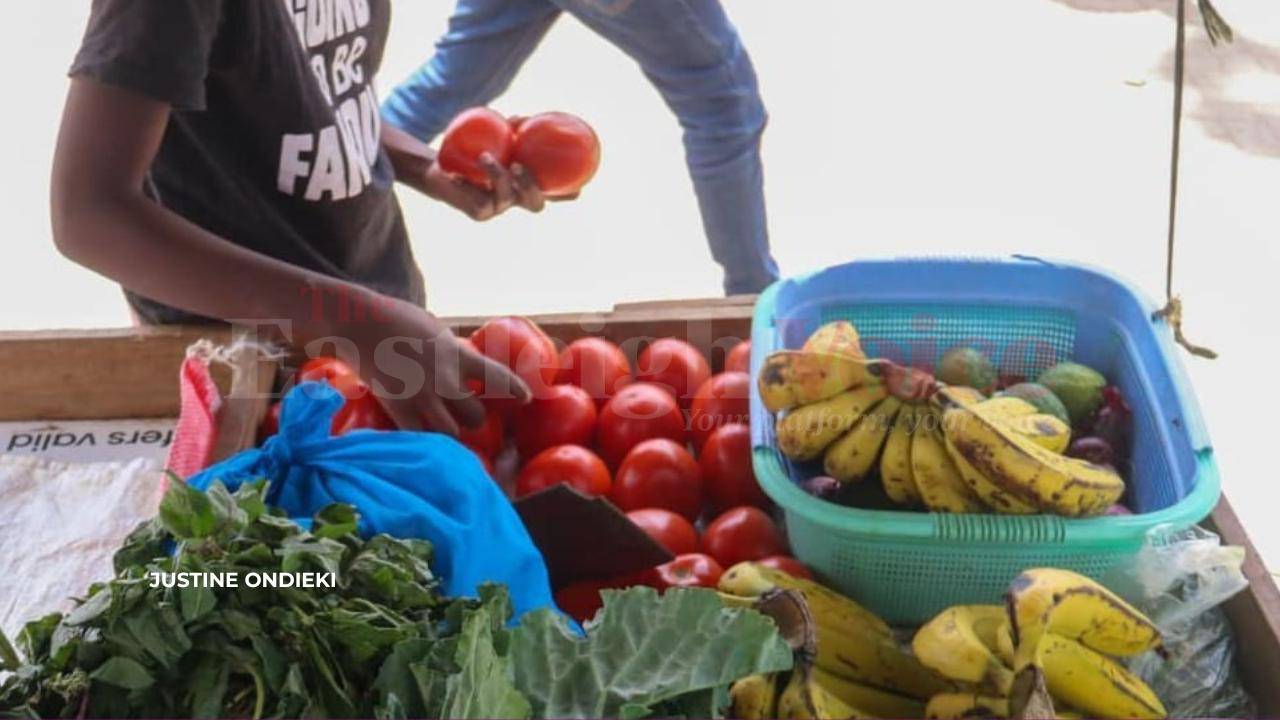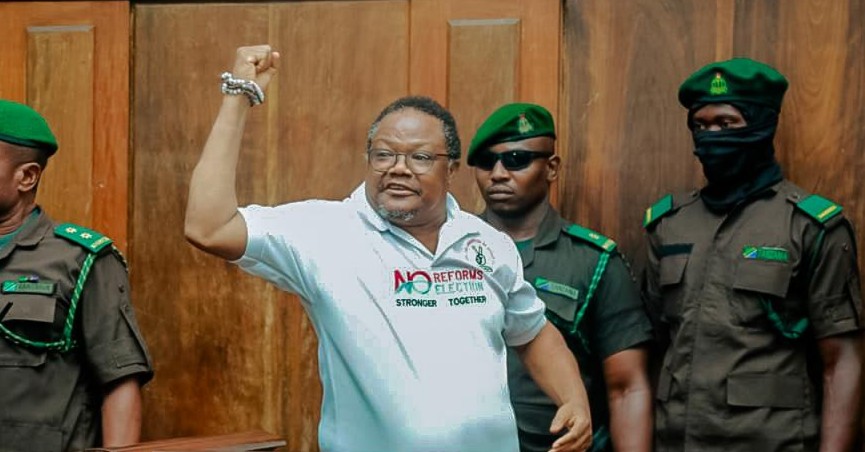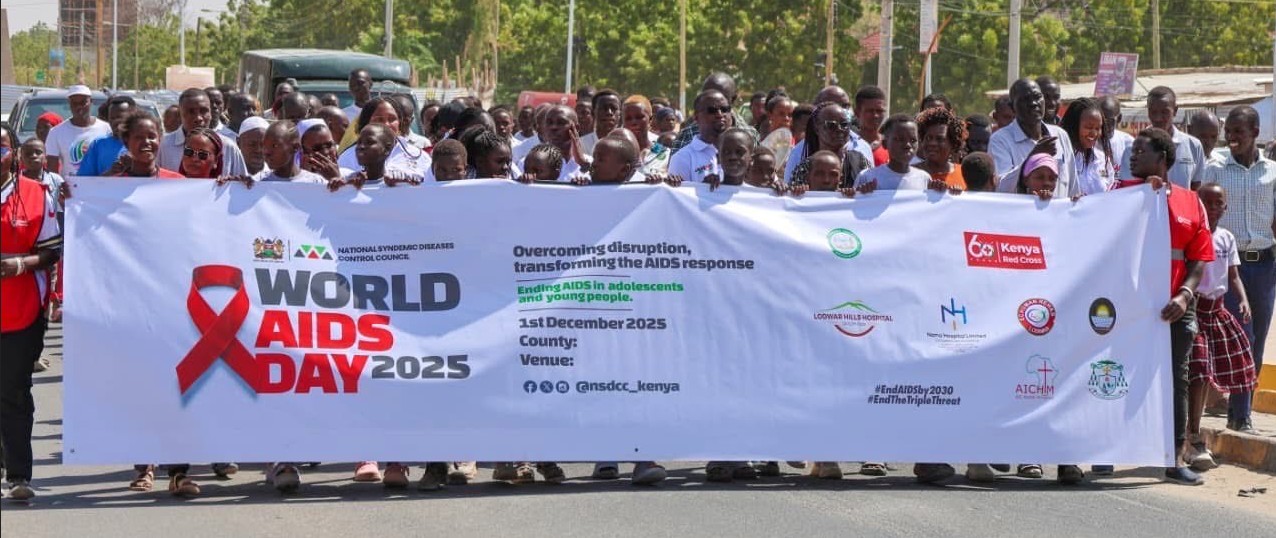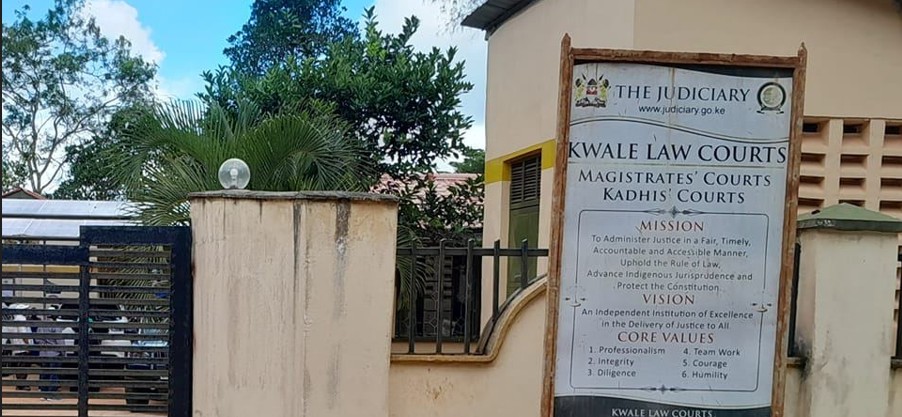Major events likely to influence security trajectory in Africa and beyond
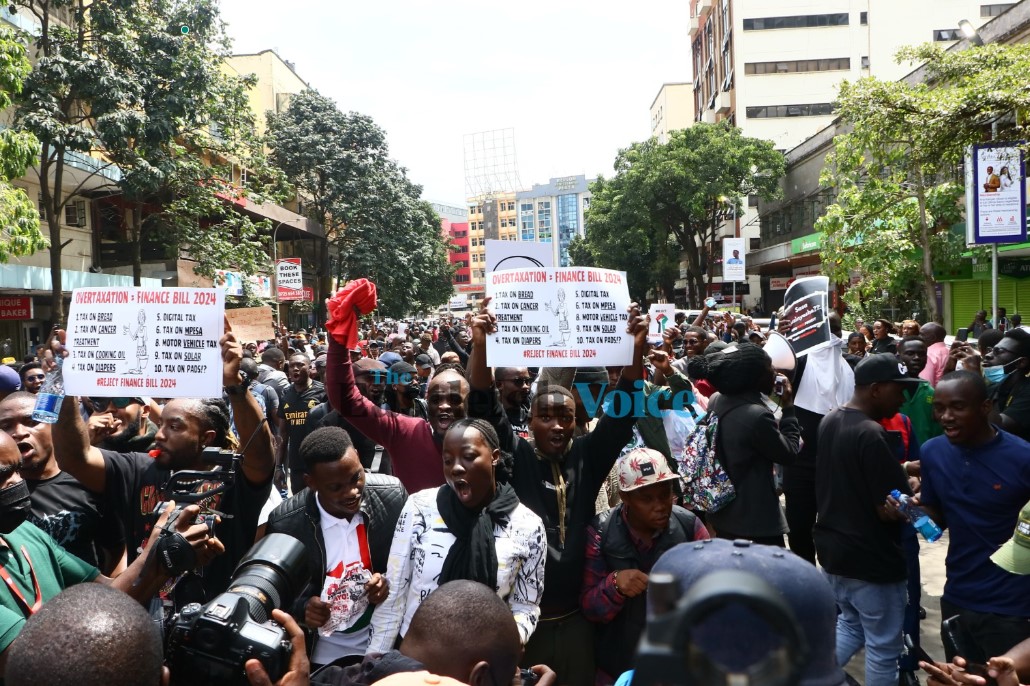
In Africa, the conflicts in Sudan, DRC, and Somalia have led to a surge in internally displaced persons, asylum seekers, and refugees in the neighbouring countries.
2024 witnessed an unprecedented rise in anti-government protests, gang violence, wars, and a shift of the epicentre of terrorism from the Middle East and North Africa to sub-Saharan Africa, concentrated largely in the Sahel region.
The events have led to the toppling of governments and shifts in security response to emerging security issues.
More To Read
- Police assure Kenyans of security ahead of Thursday’s by-elections
- Kanja admits police could have done better in handling Gen Z protests, advocates for training
- ‘Kenya can’t do it alone’: US urges more nations to join Haiti’s Gang Suppression Force
- Africa’s rapid drone expansion promises high-tech warfare but struggles to achieve strategic results
- Over 100 facilities accredited by SHA to provide cancer care after protests
- Haiti is under a UN arms embargo: So why are 500,000 illegal weapons in circulation?
Here are some of the active events that are likely to influence the security trajectory of the region, and the globe in the new year 2025.
Social unrest
As noted in Kenya’s annual State of National Security report, the year has witnessed an avalanche of calls to industrial action by teachers, university staff, doctors, civil servants, aviation workers, and so forth.
That, coupled with the series of protests over unmet expectations and socio-political hardships that culminated in June's Occupy Parliament protests and are again kicking off with the current calls for an end to abductions, is likely to end in more social unrest in the new year.
Similar unrests associated with political instability were witnessed in Nigeria, Mozambique, South Africa, and South Korea.
The latest ACLED conflict index shows that over 165,273 political violence events were recorded worldwide during this period, marking a 15 per cent increase from the previous 12 months (July 2023 to June 2024).
As a result, one in seven people worldwide is estimated to have been exposed to conflict between July 2023 and 2024.
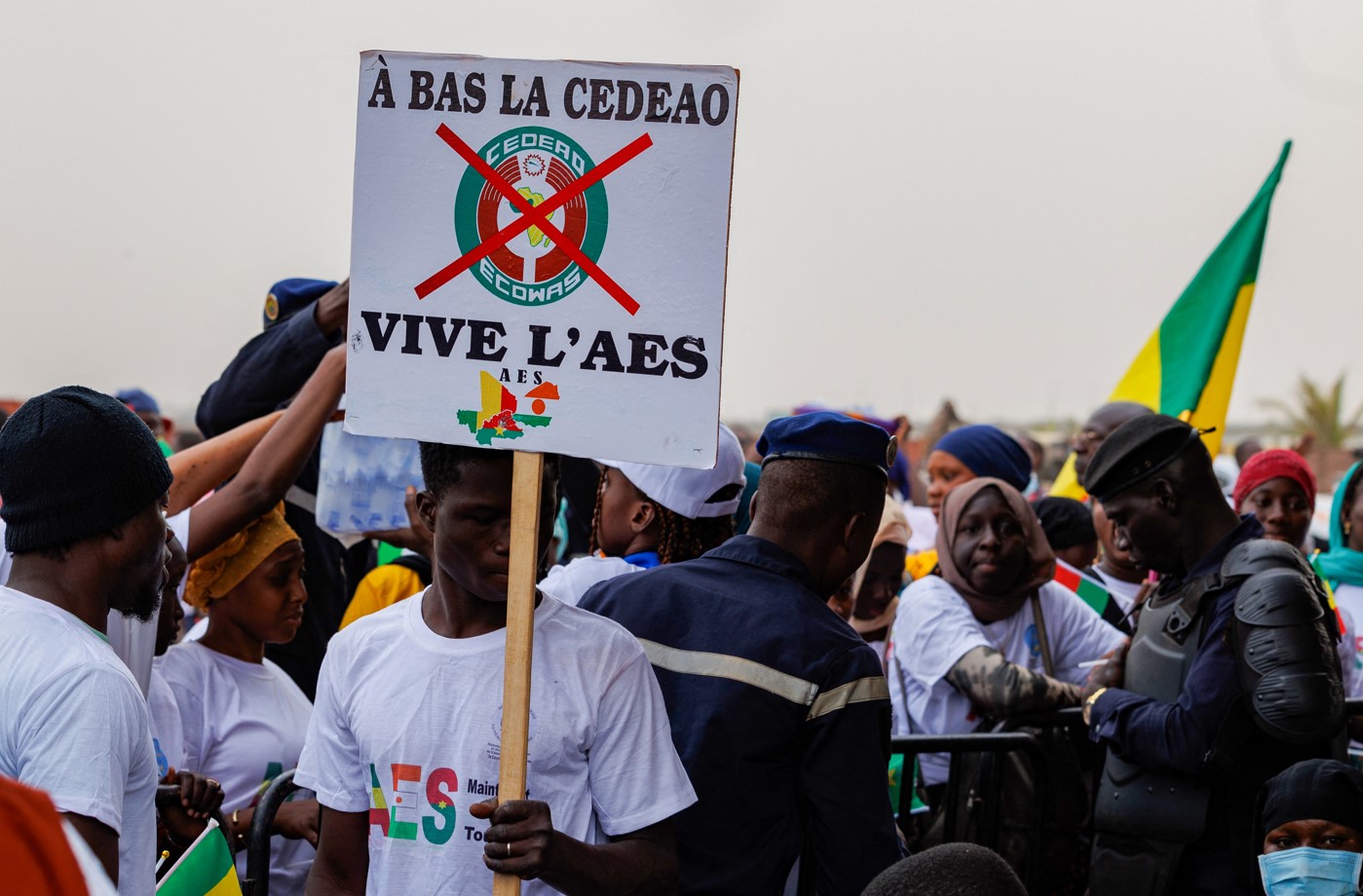 A supporter of the Alliance Of Sahel States (ASS) holds a placard reading 'down with ECOWAS, long live ASS' during a rally in Bamako on February 1, 2024, to celebrate Mali, Burkina Faso and Niger leaving the regional bloc. (Photo: Ousmane Makaveli/ AFP)
A supporter of the Alliance Of Sahel States (ASS) holds a placard reading 'down with ECOWAS, long live ASS' during a rally in Bamako on February 1, 2024, to celebrate Mali, Burkina Faso and Niger leaving the regional bloc. (Photo: Ousmane Makaveli/ AFP)
Criminal convergence in North Africa and Sahel
The Global Initiative Against Transnational Organised Crime (GI-TOC) has indicated that criminal ecosystems in North Africa and the Sahel are being shaped by conflicts in Mali, Burkina Faso, Niger and Sudan.
The violence and instability are fuelling illicit markets in weapons, fuel, gold, and mercenaries, and shaping the movement of people and goods in the Sahel.
The United Nations Security Council security assessment shows that the epicentre of terrorism has shifted from the Middle East and North Africa into sub-Saharan Africa, concentrated largely in the Sahel region, a major shift that is a cause of concern especially with the notable rise in ISIL/Daesh influence in some of the countries.
These dynamics increase the likelihood of further democratic backsliding and instability in countries in the region in the coming year with countries like Mozambique and the Democratic Republic of Congo (DRC) still struggling with local militia.
At the same time, with the changing funding dynamics of peace support operations, attention will be paid to the African Union on how it manages to secure funding for the new mission in Somalia that is set to kick off its operations in January.
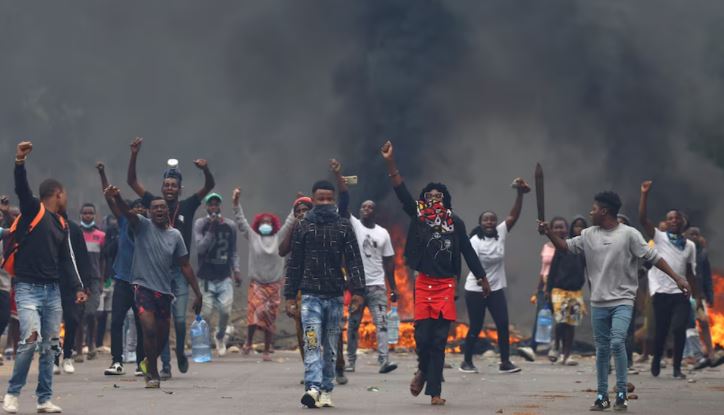 Protesters react during a "national shutdown" against the election outcome, at Luis Cabral township in Maputo, Mozambique on November 7, 2024. (Photo: REUTERS/Siphiwe Sibeko)
Protesters react during a "national shutdown" against the election outcome, at Luis Cabral township in Maputo, Mozambique on November 7, 2024. (Photo: REUTERS/Siphiwe Sibeko)
Human trafficking and migrant smuggling
An unprecedented surge in irregular migration has rocked the world this year mainly caused by conflict and the effects of climate change. In Kenya, the government is trying to manage the constant cases of trafficking of persons to countries in the Middle East and emerging markets in Myanmar and India.
In Africa, the conflicts in Sudan, DRC, and Somalia have led to a surge in internally displaced persons, asylum seekers, and refugees in the neighbouring countries as people flee violence.
Elsewhere, similar occurrences have been recorded in Haiti, Palestine, Syria, Ukraine, and so forth.
Cybersecurity
Continued cyber-attacks on critical infrastructure, adoption of AI, online identity theft as well as e-card fraud and sim swapping form part of the concerns in this sector that still grapples with a shortage of experts.
 A Kenyan police officer stands guard during a joint operation with Haitian police, in Port-au-Prince, Haiti on July 29, 2024. Photo: (File/REUTERS/Jean Feguens Regala)
A Kenyan police officer stands guard during a joint operation with Haitian police, in Port-au-Prince, Haiti on July 29, 2024. Photo: (File/REUTERS/Jean Feguens Regala)
Test case Haiti
As criminal gangs expand their control in Haiti, the international community will be tested to take an operational response to reduce the violence, humanitarian crisis, and threats to governance in this battered country.
The focus will be on whether more countries will send in troops to the Kenyan-led Multinational Security Support Mission in Port-au-Prince and whether a sustainable financing mechanism will be introduced to support the mission whose kitty is almost running on empty.
 Palestinians walk past destroyed houses, amid the ongoing conflict between Israel and Hamas, in Jabalia refugee camp, in the northern Gaza Strip February 22, 2024. (Photo: REUTERS/Mahmoud Issa)
Palestinians walk past destroyed houses, amid the ongoing conflict between Israel and Hamas, in Jabalia refugee camp, in the northern Gaza Strip February 22, 2024. (Photo: REUTERS/Mahmoud Issa)
War and peace
GI-TOC notes that a massive stash of trophy weapons has been piling up in Ukraine and Russia a challenge that can be solved through a de-escalation of the conflict in Ukraine in 2025 to help trigger an outflow of weapons.
That is, however, not likely to happen soon following an increase in violent crime on both sides of the border.
The ever-escalating genocide against Palestinians in Gaza has been described as by far the most intense, destructive, and fatal conflict for civilians which Airwars, a non-profit transparency watchdog that tracks, assesses, archives, and investigates civilian harm claims in conflict-affected nations, has ever documented, is also likely to shape regional and global shifts in alliances and impact global humanitarian trends.
Top Stories Today







